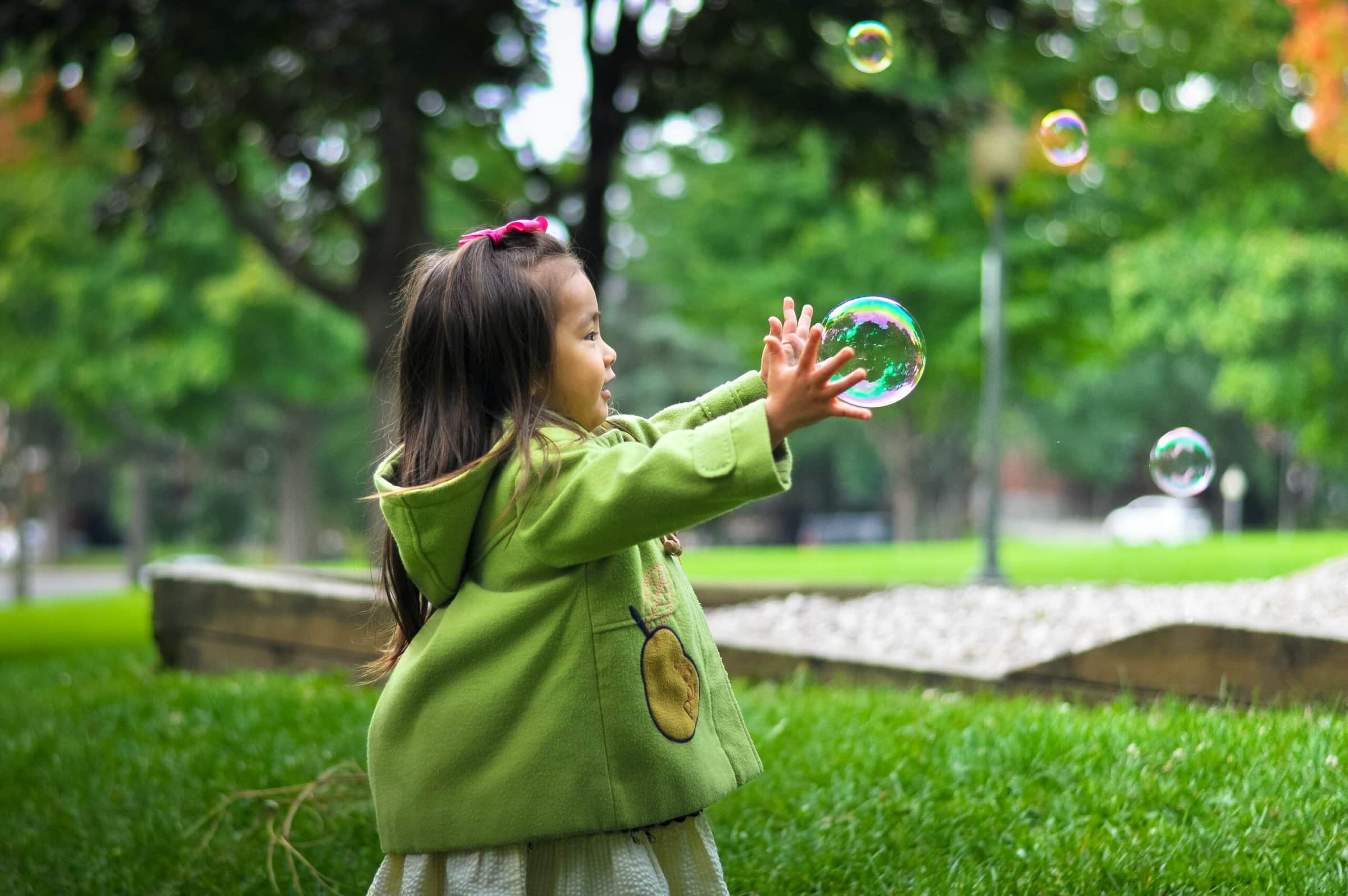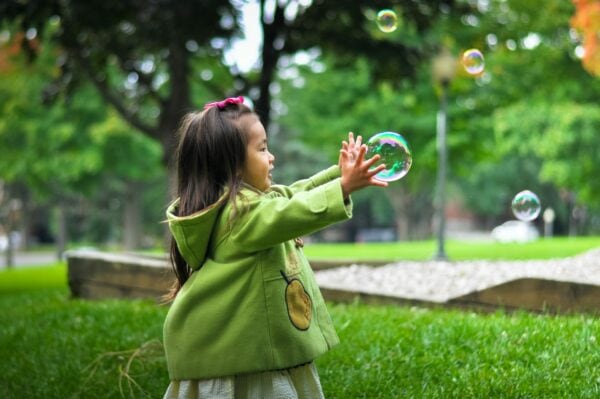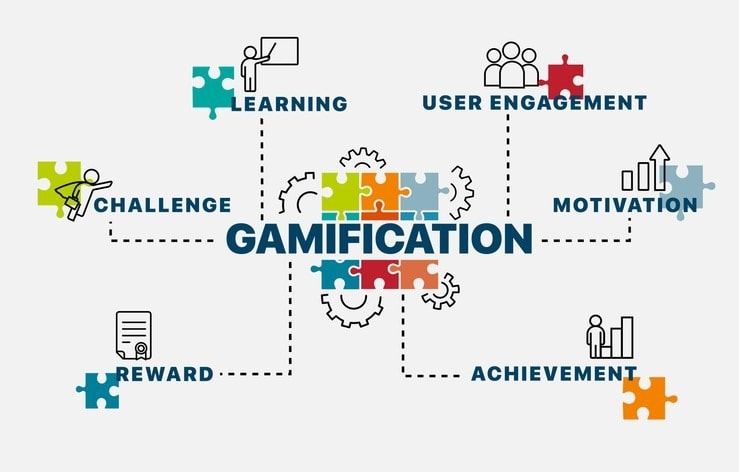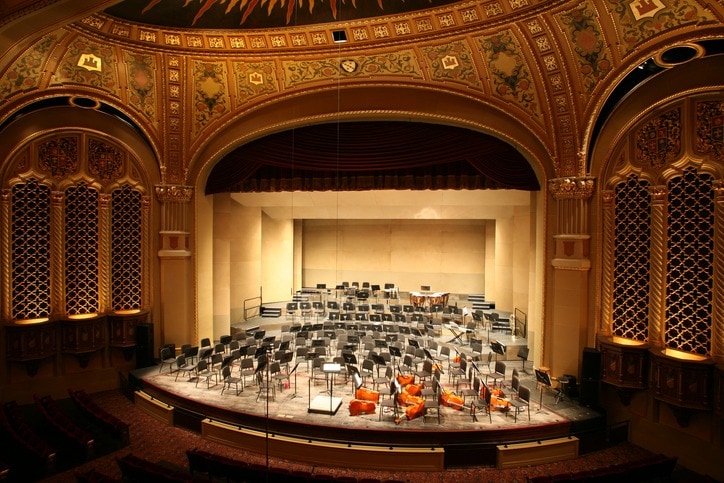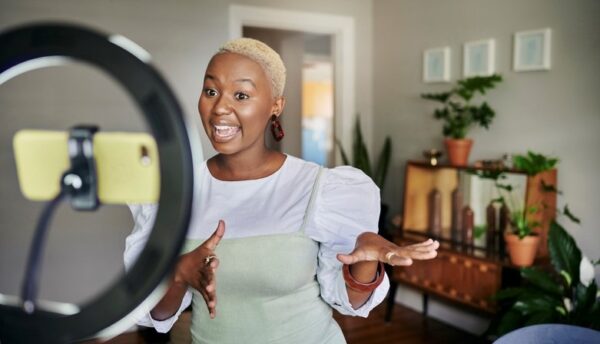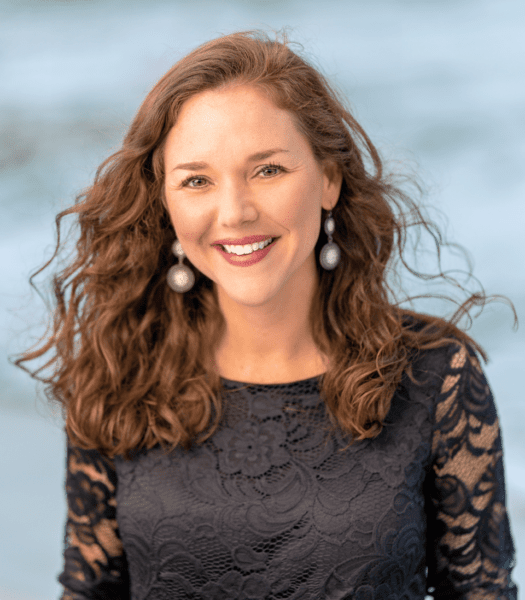/ News Posts / Keeping It Real: Authentic Experiences in Education
Keeping It Real
Authentic Experiences in Education
By NAfME Members Andrew B. Spang and Lori Schwartz Reichl
Robert Donnager spun, holding the microphone in his hand. “Ask yourself,” he said to the darkened auditorium, “What is the dominant mode of experience at the end of the 20th century? How do people see things and how do they expect to see things? The answer is simple. In every field, from business to politics to marketing to education, the dominant mode has become entertainment.” . . . “Today everybody expects to be entertained, and they expect to be entertained all the time. Business meetings must be snappy, with bullet lists and animated graphics so executives aren’t bored. Malls and stores must be engaging, so they amuse as well as sell us. Politicians must have pleasing video personalities and tell us only what we want to hear. Schools must be careful not to bore young minds that expect the speed and complexity of television. Students must be amused, everyone must be amused, or they will switch, switch brands, switch channels, switch parties, switch loyalties. This is the intellectual reality of Western society at the end of the century.”
—From Timeline by Michael Crichton
Today’s educators know all too well that should they fail to actively engage today’s learners, they will lose them. This loss can be to another course, to another activity, or to a lack of focus or motivation. In previous eras, the promise of education and the improvement of one’s life seemed to be all that was needed to shepherd the wandering mind. Learners were enticed with dangled carrots of better jobs, the power to change the world, cure disease, or be ensconced in fame and fortune. But somewhere along the way, knowledge was often replaced by test scores, and test scores by grades and report cards. It was as if the knowledge passed along was not as important as the proof of that selfsame knowledge.
As the students assumed better jobs and salaries with the confident assurance of a brighter future in hand, their attention began to wane. Real-world experiences reflect this as advertising firms became an economical giant. Advertising companies used ear-worm jingles, quotable catchy slogans, and even animated animal mascots to capture those wandering minds. Education responded with their own jingles such as the “Alphabet Song,” (sung to “Twinkle, Twinkle,” or Mozart’s “Ah, vous dirai-je, Maman,” K.265), “Fifty Nifty United States” by Ray Charles (no, not that Ray Charles), and “Conjunction Junction, What’s Your Function?” by the powerhouse School House Rock.
Entertainment for all led to engaging the audience member, be they a consumer with unspent income, or a student with untapped potential. Group work and company “teams” or departments ruled the day. While this engaged more individuals in the learning process, it was hit or miss as to the efficacy of student performance.
A new pathway to the consumer or student that raised the level of interaction and involvement were games. These could be game pieces found on the packaging, such as winning codes on bottle tops or scratch cards inside product boxes. Consumers could earn play pieces with frequent visits, such as those used in McDonald’s Monopoly. Armed with the latest software to “gamify” the learning experience, educators employed educational videos and video games, such as “Kahoot!,” various versions of educational Jeopardy, or Rocket Math. Soon, savvy student gamers want a new experience and enhanced gameplay. While games, and even video games, are nothing new in today’s schools, the effectiveness of this platform cannot be denied.
But it leads one to wonder, what will follow? What will draw the attention of students and consumers in the coming century? The signs of the need for the “next big thing” are already evident. Even while playing sanctioned video games in class, students will drift off to update social media or message friends. Adults in business meetings are almost always multitasking, texting on other devices, or working with various apps where they check their social media, catch up on the latest news, or crush pieces of candy. Why is the video game or live presenter less interesting or unable to hold one’s attention, than simple messaging apps with friends or team members? It is because connecting with another human being is an authentic experience.
We are all craving authentic experiences. Whether young or old, our strongest memories involve concrete, live experiences. From a kindergartener who gets to touch a turtle at the aquarium to a high school trip to our nation’s capital to catch their reflection behind the thousands of carved names in the Vietnam Veterans Memorial. These authentic experiences activate all our learning modes and sensory pathways to create indelible memories and inspiration.
What does this mean for education? How do we as educators support this vision and enhance these types of authentic experiences for our students and their development as learners, leaders, and global citizens? How can we “keep it real” for our students?
With health and safety restrictions active in many school systems, the authentic experience could potentially be limited, but it does not need to be negated. Virtual avenues exist even more during this educational era if physical restrictions and other limitations are set.
Go beyond the written curriculum/repertoire.
Invite clinicians (artists, authors, athletes, composers, doctors, engineers, musicians, scientists, etc.) into the learning space, either physically or virtually. Ask them to share their background, knowledge, and experiences with students. Encourage students to converse and delight in these meetings. Visit locations that are mentioned in the curriculum/repertoire, either physically or virtually. Allow students to explore, inquire, interact, and perform “there.”
Do not allow a perceived lack of funding, resources, or scheduling to restrict access and opportunity.
Ask administrators for permission to invite clinicians into the learning space or for students to visit relevant events and places, either physically, virtually, or a combination of both. Ask what funding is available, how to access it creatively, and/or which suggestions to implement and increase this funding. Inquire about funding from multiple sources and sponsorship. Apply for grants. Request schedule changes that are conducive to the entire school. Collaborate with school staff in this vision, creation, connection, and opportunity to provide meaningful and memorable authentic experiences.
Generate reflection with students.
What did students learn during these authentic experiences? How did they feel? How were they impacted? What will they take away from the event? How have they been inspired? What do they hope to achieve? What types of authentic experiences would they appreciate participating in next?
Knowledge is merely one piece of the educational puzzle. Proof of that selfsame knowledge may have a more substantial impact on students’ learning, motivation, and future path. The hands-on authentic experience must never be ignored. It should be accessed, nurtured, and reflected in the classroom, curriculum, and community. If opportunities to authentically experience people, places, and things are not implemented, then students may switch to other outlets that we may not be able to monitor, guide, or understand. Perhaps the best path forward following these years of remote learning may be to keep it “real”.
About the authors:
NAfME member Andrew B. Spang received his Master of Music degree from the Eastman School of Music and a Bachelor of Music degree from The Boston Conservatory. He also holds a Master of Science in Music Education from Western Maryland College. He is the Director of Bands at Folly Quarter Middle School in Ellicott City, Maryland. Mr. Spang performs with the Lyric Brass Quintet, and he is the Director of Music at Emmanuel United Methodist Church. Mr. Spang is also the Music Director of The Encore Community Band & Orchestra, an inter-generational community ensemble based in Carroll County, Maryland. He lives in Westminster, Maryland, with his wife, Laura Baker, son Benjamin, and daughter Sophie.
Mr. Spang has taught in the Howard County Public School System for two decades and is consistently in demand as a guest conductor, clinician, and adjudicator throughout Maryland and beyond. He was honored to receive the Maryland Music Educators Association’s “Outstanding Music Teacher Award” for 2007–2008. Contact him at andrewspang.com.
NAfME member Lori Schwartz Reichl has served as a proud educator for two decades. She has successfully led secondary music programs in a rural school in Pennsylvania and two Title I schools in Maryland, one of which was assigned to corrective action. In both states, Dr. Reichl has had the opportunity to open two new buildings: Daniel Boone Area Middle School in Douglassville, Pennsylvania, and Thomas Viaduct Middle School in Hanover, Maryland. In 2004, Dr. Reichl received the Superintendent’s Award for Excellence in Teaching from the Daniel Boone Area School District. In 2011, she was a finalist for the Howard County Public School System’s Teacher of the Year Award and a finalist for the 2013 Howard County Parents for School Music Educator of the Year Award. Dr. Reichl is the author of more than 75 articles for an assortment of publications. She designed these mentoring pieces into a graduate course that she instructs at The University of the Arts and VanderCook College of Music entitled “Making Key Changes.” These unique experiences have permitted Dr. Reichl to expand her multifaceted career into a portfolio as a clinician, conductor, instructor, speaker, and writer.
Dr. Lori Schwartz Reichl earned her Bachelor of Science in Music Education from West Chester University, Master of Music Education from Lebanon Valley College, Administrator I Certification through McDaniel College, and Doctor of Music Education from Liberty University. She lives in Marriottsville, Maryland, with her husband John, daughter Harper, and son Hudson. Contact her at makingkeychanges.com.
Did this blog spur new ideas for your music program? Share them on Amplify! Interested in reprinting this article? Please review the reprint guidelines.
The National Association for Music Education (NAfME) provides a number of forums for the sharing of information and opinion, including blogs and postings on our website, articles and columns in our magazines and journals, and postings to our Amplify member portal. Unless specifically noted, the views expressed in these media do not necessarily represent the policy or views of the Association, its officers, or its employees.
February 8, 2022. © National Association for Music Education (NAfME.org)
Published Date
February 8, 2022
Category
- Culturally Relevant Teaching
- Social Emotional Learning
Copyright
February 8, 2022. © National Association for Music Education (NAfME.org)
